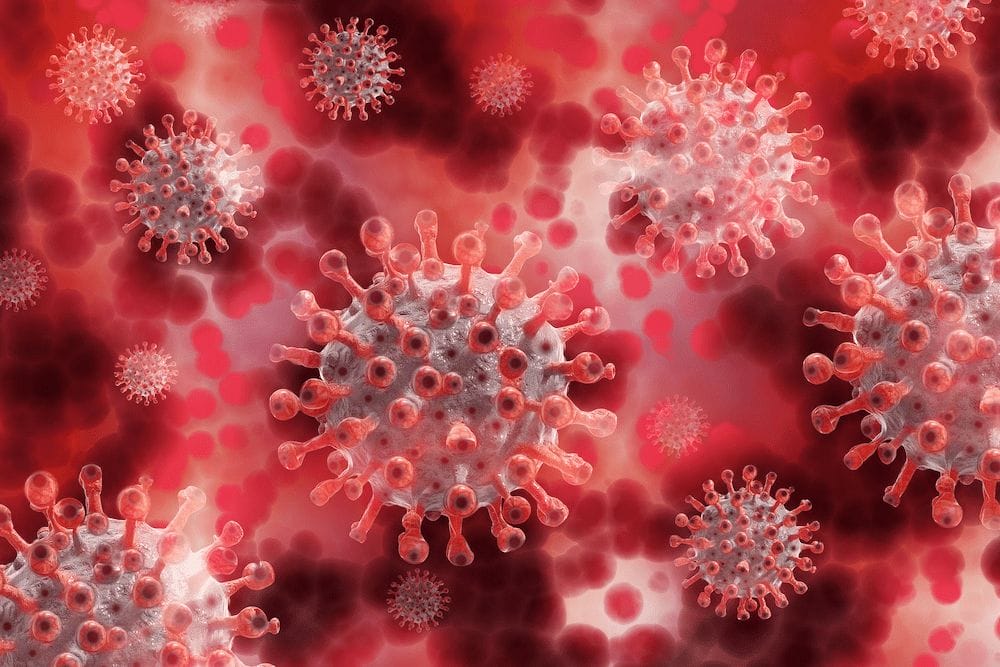Dr. Rosemarie Mactutus Booze, a professor and Bicentennial Endowed Chair in Behavior Neuroscience in the University of South Carolina’s Department of Psychology, has led a career that has recently focused on how certain viruses affect the brain. She earned a Ph.D. from Johns Hopkins University and completed a post-doctoral fellowship at Duke University. Currently, Dr. Booze is the principal investigator on three NIH R01s grants to study the neurological and psychological effects of viruses in the brain, particularly the “long-haul symptoms” that many patients experience following a viral infection such as COVID-19. Her latest research aims to unlock the virus’s mystery on our senses.
From Studying Parkinson’s Disease to COVID-19
Dr. Rosemarie Mactutus Booze’s work has centered on viral effects on the brain for some time. Her father’s death from Parkinson’s disease prompted her passion and has made this research all the more critical to her. “There was some evidence that the influenza virus could cause Parkinson’s disease,” notes Dr. Booze. “Then, I just got interested in viral effects on the brain and started studying HIV effects and, more recently, the COVID effects.”
When the pandemic hit, like many other scientists, she began researching COVID-19 and its impact on the brain and senses. “One thing that’s surprising with respect to COVID is the effects on smell and the olfactory system,” explains Dr. Booze. “Lots of people with the initial infection reported a loss of smell, which is unusual for a virus other than a cold. You can’t smell when you’re all stuffed up. Obviously, you can’t smell, but for a virus to have that kind of effect was really unusual.”
Dr. Rose Mactutus Booze Explains Her Research
Dr. Booze notes that neurons are studied more frequently than supporting cells, but her research has noted that the supporting cells are the ones that have been affected by COVID-19. “It was really surprising,” she says. “Seeing that, in fact, it was true that they [COVID patients] were infected in the olfactory epithelial cells in their nose is really an almost diagnostic aspect for the COVID infection.”
As COVID-19 continues to make its rounds, many wonder what the long-term effects of losing one’s smell are, if even for a short period of time. Though most people recover their sense of smell, Dr. Rose Mactutus Booze explains that some, in fact, do not. “People that lose their sense of smell have a high risk of depression also,” Dr. Booze says. “I think one aspect that has come off a result of COVID is. A greater understanding or appreciation of smell. We don’t think about it very much, but it is really important in terms of our wellbeing.”
Final Thoughts
Though this research may not seem super-critical to all, the reality is that COVID is a novel virus, and we don’t quite know the long-term implications of being infected. Thanks to Dr. Rosemarie Booze and her students, we are learning more and making progress towards better treatment options. COVID-19 is not going anywhere anytime soon, but with more research, Dr. Rose Mactutus Booze is making that reality much more bearable.
The Editorial Team at Healthcare Business Today is made up of skilled healthcare writers and experts, led by our managing editor, Daniel Casciato, who has over 25 years of experience in healthcare writing. Since 1998, we have produced compelling and informative content for numerous publications, establishing ourselves as a trusted resource for health and wellness information. We offer readers access to fresh health, medicine, science, and technology developments and the latest in patient news, emphasizing how these developments affect our lives.








